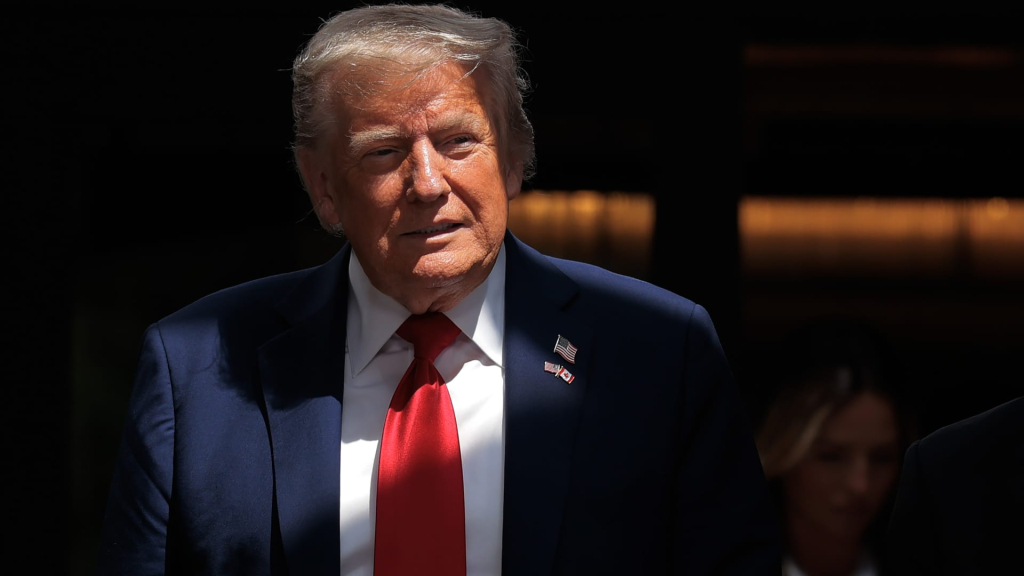Key diplomats from the United Kingdom, France, and Germany are advocating for urgent diplomatic efforts concerning Iran, with discussions set to take place in Geneva on Friday. This push comes as the United States considers joining Israel’s military operations against Tehran in the upcoming two weeks.
Hostilities between Iran and Israel have intensified over the past week, marking a new peak in tensions that have been escalating since the October 2023 terrorist assault on Israel by Hamas, an Iranian-aligned group. Since then, Israel has been engaged in a multi-front conflict against Hamas and additional Iranian-aligned factions, including Hezbollah in Lebanon and the Houthis in Yemen, both of which Iran claims are operating independently.
The situation has become increasingly fraught since the beginning of the week as indications emerged that the United States, a long-standing ally and supplier of military aid to Israel, might intervene militarily against Iran.
U.S. President Donald Trump indicated a significant decision could be forthcoming. “Based on the fact that there’s a substantial chance of negotiations that may or may not take place with Iran in the future, I will make my decision whether or not to go within the next two weeks,” he stated, as reported by White House Spokesperson Karoline Leavitt on Thursday.
After a meeting involving U.S. Secretary of State Marco Rubio and Middle East special envoy Steve Witkoff, U.K. Foreign Minister David Lammy remarked that they discussed “how a deal could avoid a deepening conflict” and expressed optimism that “a window now exists within the next two weeks to achieve a diplomatic solution.”
Conversely, Iranian Foreign Minister Abbas Araghchi, who is expected to participate in the Geneva talks, firmly rejected any negotiations with the U.S. until Israel’s military actions cease. He was quoted by Iranian state television on Friday.
Trump’s longstanding opposition to Iran’s nuclear ambitions has been a hallmark of his presidency. He withdrew the U.S. from the Joint Comprehensive Plan of Action (JCPOA) during his first term, imposing a series of stringent financial and oil sanctions aimed at crippling Iran’s economy.
Describing himself as a ‘peacemaker,’ Trump has yet to secure a second nuclear deal during his current term, despite earlier signals of a desire for diplomatic progress similar to what European nations are now pursuing.
French Foreign Minister Jean-Noël Barrot emphasized the need to avoid repeating historical mistakes in a recent television interview, stating, “In the United States, many political officials are convinced that we must not once more make the errors of the past. What we saw in Libya, what we saw in Afghanistan, what we saw in Iraq, we do not want to see reproduced.”
The U.K., France, and Germany, along with Iran’s partners Russia and China, were integral to the JCPOA negotiations with both Washington and Tehran.
The potential for conflict to destabilize the oil-rich Middle East has unsettled markets, leading investors to seek safe-haven assets while also prompting increased interest in defense companies and initiatives.


























